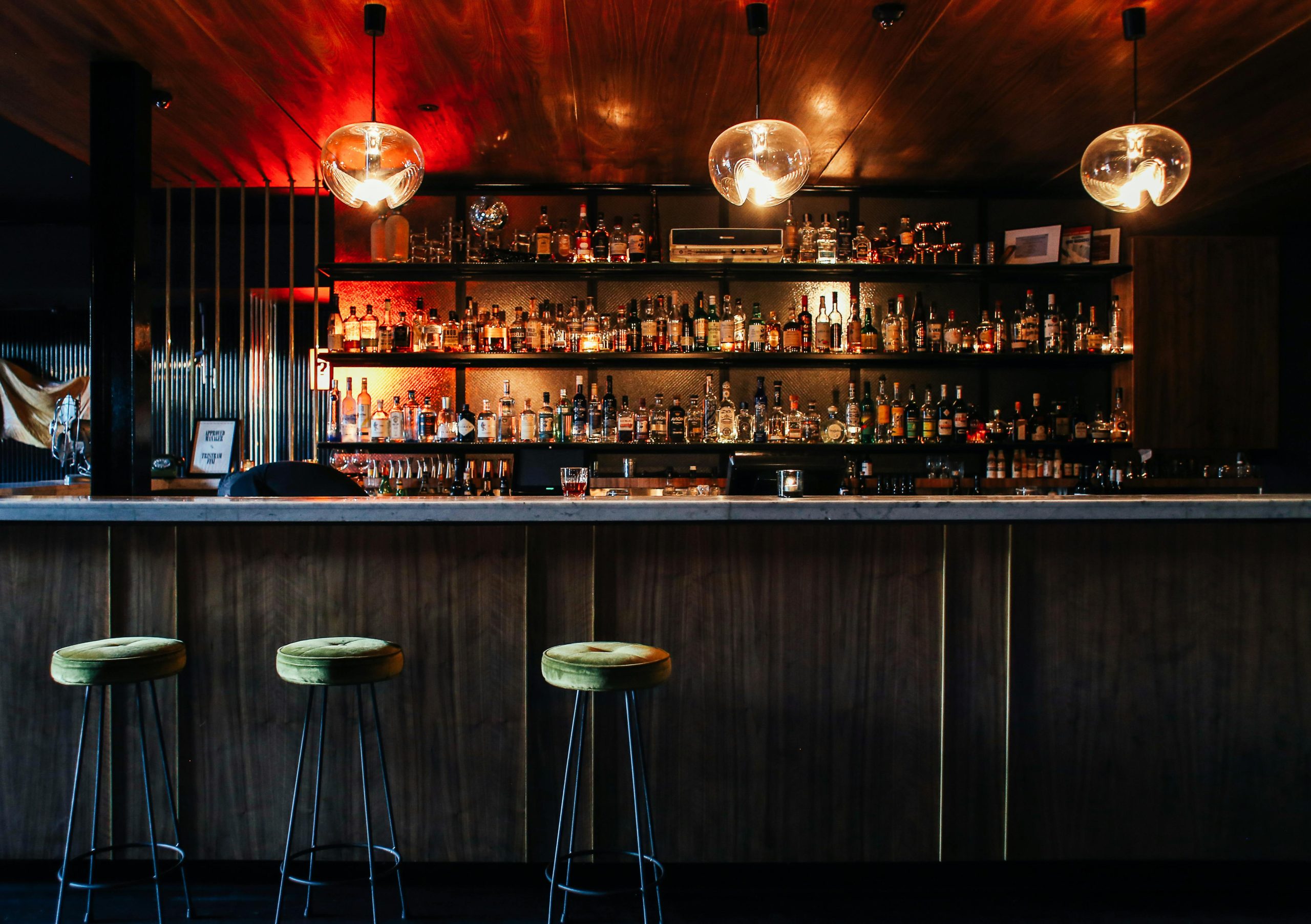The Revolution Will Not Be Sober
Textiles
We are supposed to lie about the mansion on the hill. We are supposed to say that the man who lives there is Lyle Charleston, that his family has lived there since the 1850s, and that they made their fortune in textiles. But the man who lives there is not named Lyle Charleston, and he has no family, and we all know how he made his money. You know, too. He was, until recently, the leader of a country, though we cannot say which one. This country started a war. It exhausted its supply of people before it exhausted its supply of weapons; in order to keep him from exhausting the weapons as well, he was given the new name and the new history and this mansion in our country.
We wonder how it will look engulfed in fire. That is the subject of tonight’s meeting and tomorrow morning’s action. We will act before dawn, and one of the more dramatic among us has even whispered very forcefully, “so that the sun does not shine again on that monstrous injustice.” There were many cheers at that, quiet cheers but cheers all the same, and all of us nodded our heads. Monstrous injustice—yes!—monstrous injustice. As if it were a dragon on the hill.
“Easy, quiet down,” the barman reminds us every time we get too loud. It is his bar, and he is nice enough to allow us to use it as our meeting point, but he is also wary of rebellion, and its consequences. The bar does nice business, and he is attached to it.
There are wireless lamps for light along the bar, and he points to one of them as he repeats, “quiet down.” This time, he mouths the words, and we all know why. We all know that they have put microphones in the bottom of each lamp, beneath each stool, perhaps in other places, too. That was one condition of Lyle Charleston’s resettlement here atop the hill, that he should be able to listen to the whispers and know when he had reason to fear some sort of violence.
“Are they listening right now?” we ask the barman, mouthing the words ourselves. “No,” he says, and nods his head yes.
“We don’t care,” we tell him, though we are still whispering. “It has gone on long enough. You cannot reward such behavior as his.”
“As whose?” the barman asks.
“As Charleston’s.”
“What behavior?” the barman says, this time aloud. “The behavior of manufacturing textiles?”
We look between ourselves and then we ask, “So why did the war end?”
The barman sighs.
“Let me ask you a question,” he begins. At the same time, he pulls the tap handle and begins to fill some glasses. “The war had begun. That was our world. So if the choices were—hypothetically, I mean—that either the war goes on, or somebody gets a house atop a hill, which is better?”
We don’t answer, but keep our eyes on the glasses being filled.
“Do you mind the house,” he says, “or do you mind that it is on a hill?”
“What does that mean?” we ask. The glasses, though filled, have remained on his side of the bar, and he stares into our eyes as if he has forgotten all about them.
“Do you mind that the house exists, or do you mind that you live in its shadow and have to see it every day and do you mind that it is a bigger house than yours.”
We do not answer and we do not look into his eyes.
“We could go somewhere else,” we tell him. Our mouths and our voices are pointed down towards the wooden bar.
“Yes, you could,” he says, “but that would be ignorant.”
“Ignorant of what?”
“Of how many mansions in how many towns are built in such a way.”
“Who builds the houses,” we say, “who pays for them?”
“You do.”
“With what?”
“Silence,” he says.
He has filled up the glasses, who knows how many there are, and slides them forward along the bar. He can read the room well because he is a good bartender. His family has owned this very bar and tended it since the 1850s.
We, too, have been here for a long time, and we will return nightly as we always do. We will return to voice our righteous anger at the mansion on the hill, to promise violence, demand justice, scream dissatisfaction until our throats are dry and raw with rage, and then we will have our open mouths filled with something free, and the rawness and the dryness will go away until tomorrow. The drinks are on the house—they are always on the house—and that’s something of a victory. We think so, anyway, and glow with a certain satisfaction as we walk home from the old bar that isn’t so old, under the shadow of the mansion on the hill. It was built in the 1850s by the Charleston family. They made their fortune in textiles.
Read the original article here
